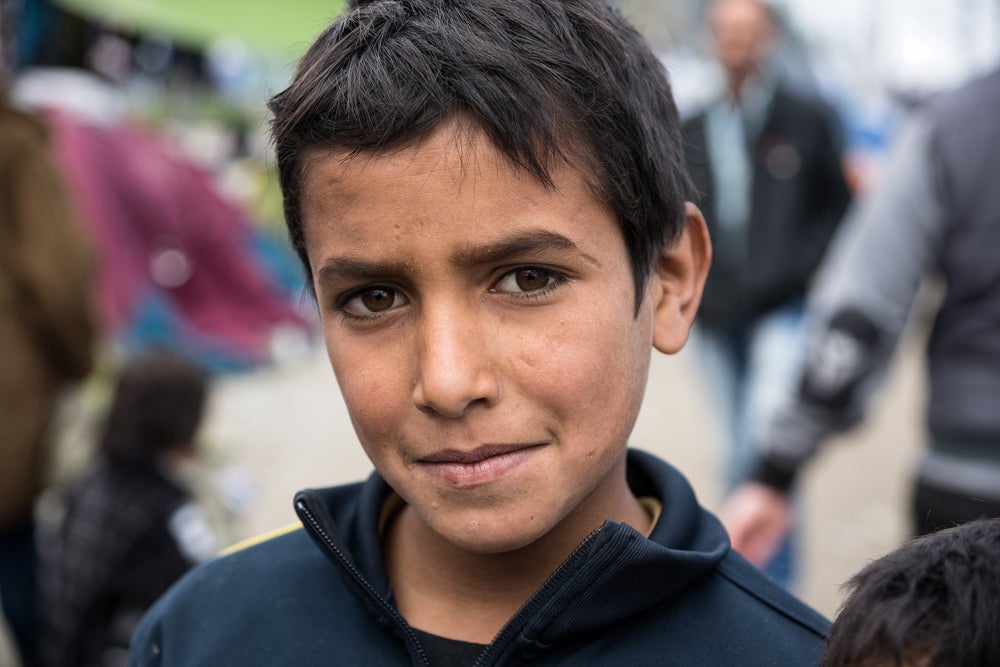
The UK government has admitted that it is unable to provide accurate information on the number of children seeking safety who have been placed in temporary hotel accommodation and the age of the youngest child in their care.
This revelation comes after accusations of a “dereliction of duty” in January 2023, when it was discovered that hundreds of children had gone missing after being placed in hotels, with reports of some being abducted in the streets outside.
The high court recently ruled that the UK government’s routine practice of housing unaccompanied child asylum seekers in hotels was unlawful.
Lack of record-keeping exposed
The government’s inadequate record-keeping was brought to light in response to parliamentary questions posed by Liberal Democrat peer Paul Scriven.
In his inquiries, he asked for the number of unaccompanied children seeking asylum who had been housed in Home Office temporary hotels in the past 18 months and the age of the youngest child in such accommodation.
The Home Office’s response was that the requested data could not be provided as it comes from operational databases that have not been quality assured.

US Tariffs are shifting - will you react or anticipate?
Don’t let policy changes catch you off guard. Stay proactive with real-time data and expert analysis.
By GlobalDataNational scandal and unlawful practices
Lord Scriven described this situation as a “national scandal” and deemed the Home Office’s practices in asylum seeker hotels “totally unacceptable and unlawful,” as confirmed by the courts.
He criticised the Conservative government for falling short of its legal obligations and allowing the backlog of cases to balloon to the extent that hotel accommodation is deemed necessary.
Concerns raised over safeguarding and care
Various experts and advocates have expressed deep concern over the lack of data regarding the ages and numbers of children in temporary hotels.
Fizza Qureshi, the chief executive of the Migrants’ Rights Network, emphasised that this raises questions about how the government and local authorities can adequately safeguard and care for these vulnerable children.
She also pointed out the challenge of identifying cases where children have gone missing from Home Office accommodation.
Unlawful housing of unaccompanied children
Following the ruling by Mr Justice Chamberlain, the government’s routine housing of unaccompanied children seeking asylum in hotels was declared unlawful.
The judge clarified that the power to place children in hotels was meant for very short periods in true emergency situations, not as a systematic or routine approach.
Despite the lack of specific data on the youngest child placed in a hotel, it was disclosed that an unaccompanied nine-year-old had been placed in such accommodation due to shortages in local authority care placements.
As of 11 June 2023, the government was unable to locate more than 150 children who had been placed in hotels, raising concerns about their vulnerability to exploitation by criminal gangs.
Government’s response
A Home Office spokesperson maintained that local authorities have a statutory duty to care for unaccompanied asylum-seeking children and reiterated that the best place for them is within a local authority.
However, due to the rise in illegal Channel crossings, the government claimed it had no choice but to temporarily accommodate young people in hotels while waiting for local authority placements.





